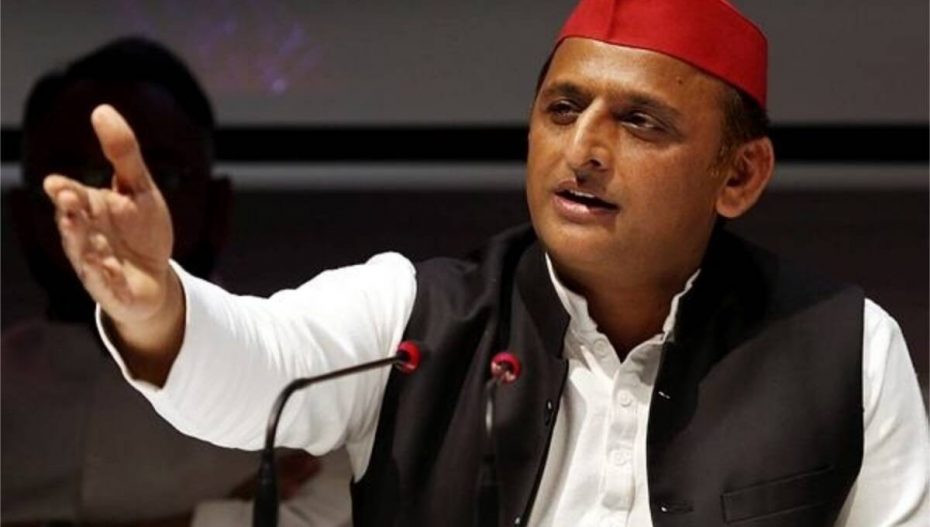It had merely been hours after the Bharatiya Janata Party announced its first list of candidates for the Uttar Pradesh assembly elections and snarky remarks from the opposition were already underway. Young Yadav turk Akhilesh Yadav on Saturday took a jibe at his competitor CM Yogi Adityanath, who will for February-March polls from Gorakhpur (Urban) seat, also his hometown.
Akhilesh Yadav, also UP’s former chief minister, took to Twitter and taunted that after flirting with Mathura and Ayodhya – both symbols of Hindu nationalism – the BJP has finally fielded Adityanath from his home town Gorakhpur in eastern UP.
“Before the public sent him home, his party has already sent him back packing. This is not a ticket for the elections, but a return ticket,” Yadav wrote on his Twitter handle.
Ahead of the BJP announcing its first list of candidates, speculations were rife about Yogi contesting either from Mathura or Ayodhya, but sources indicated he was adamant on Gorakhpur instead of a fresh constituency. Yogi has been a five-time Lok Sabha member until 2017 from Gorakhpur and has never contested an assembly election, while as a CM he is an MLC (Member of Legislative Council, the upper house of the State Assembly).
Setting at rest all speculations, Union Minister Dharmendra Pradhan, who announced the first list of candidates in Delhi, said, “Yogiji said ‘I will contest from any seat party asks me to’… This was the party’s decision. The decision has been made after much deliberation… the final decision (was taken) by the top leadership of the party.”
Gorakhpur goes to the hustings on March 3 in the sixth of the seven-phase UP assembly elections.
After the list was announced, CM Yogi told a press conference that, “I am thankful to PM Modi, BJP chief JP Nadda, (and the) Central Parliamentary Committee for fielding me from Gorakhpur. BJP works on the model of ‘sabka saath, sabka vikas’… BJP will form the government with full majority.”
Polling for UP Assembly will take place in seven phases, between February 10 and March 7. The votes will be counted on March 10. The first list of 105 seats includes 83 sitting MLAs, while as many as 20 were dropped. The 2017 winning MLAs from 63 of these seats have been retained, while there are 20 new faces. Candidates for the other 296 seats for the 403-member Assembly will be announced later.
















